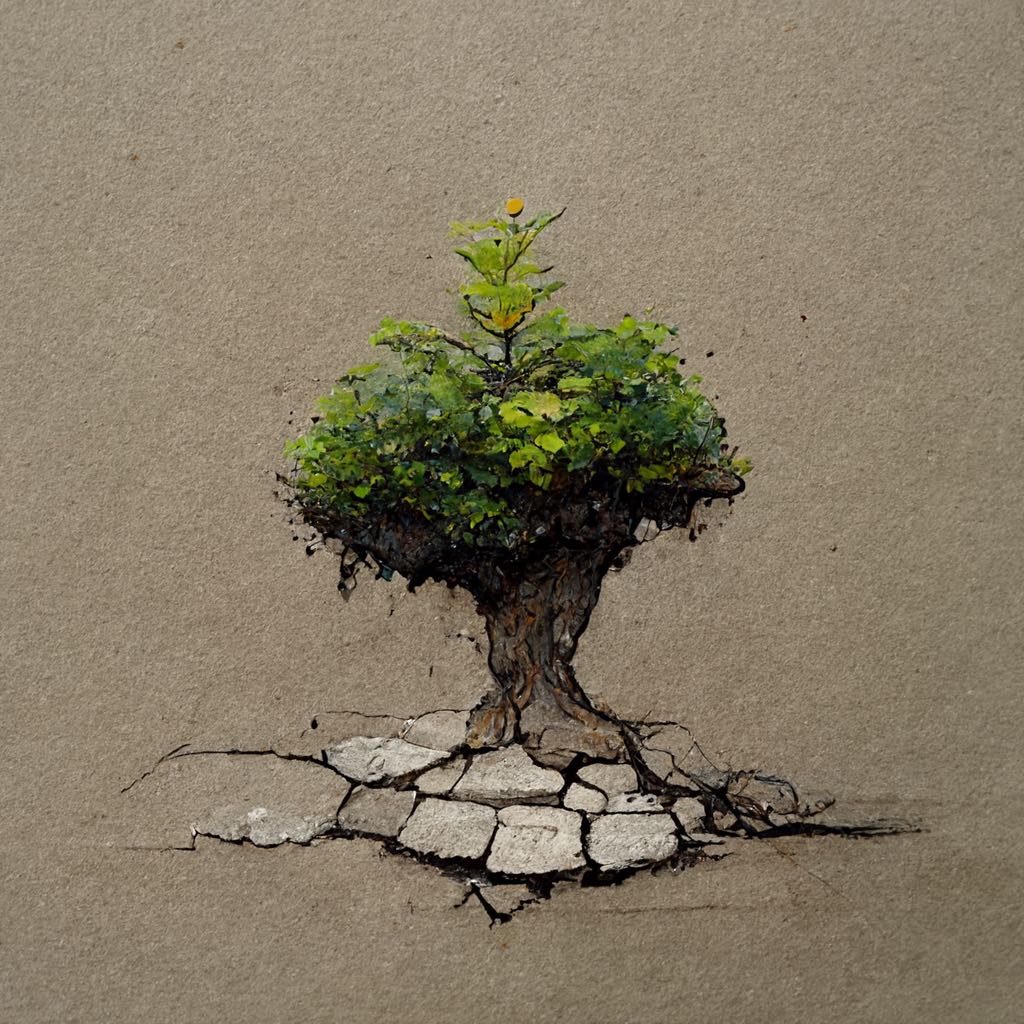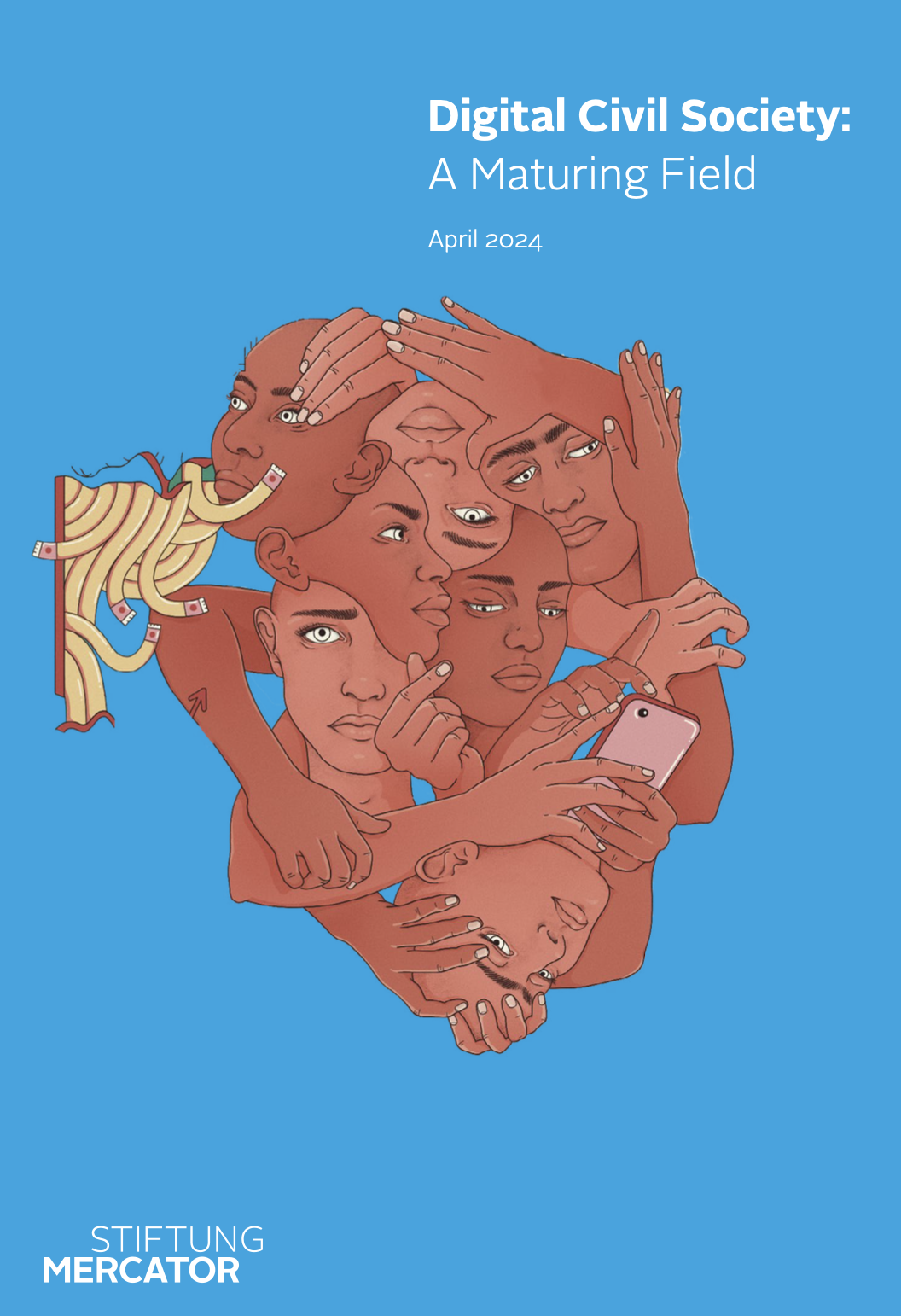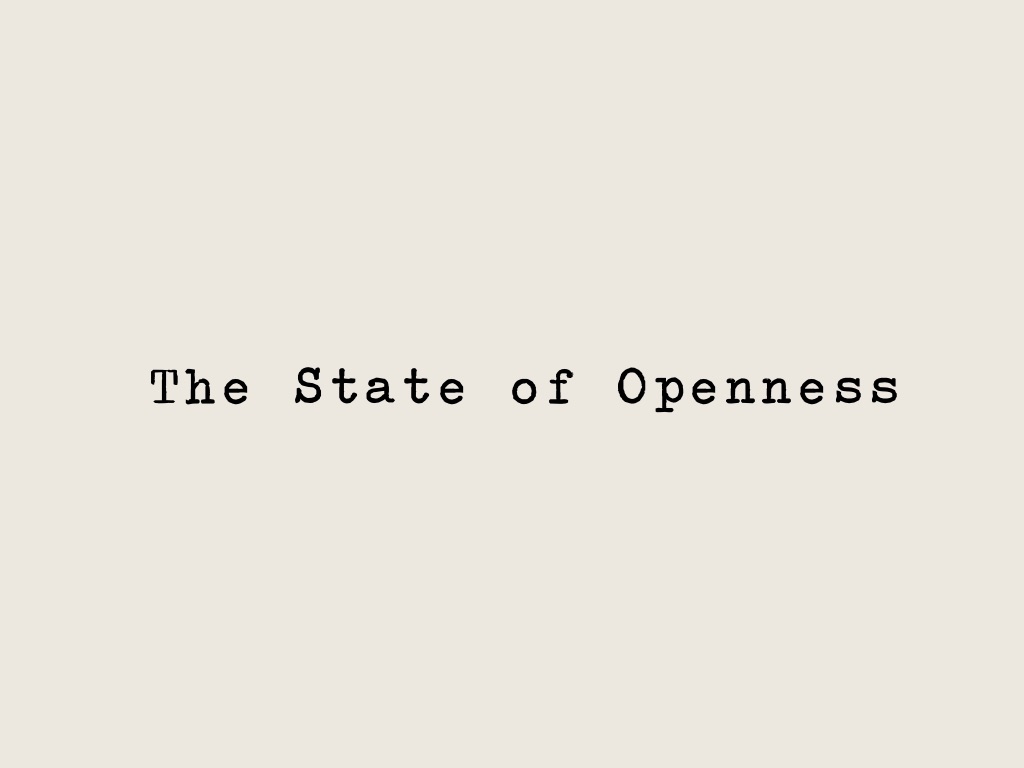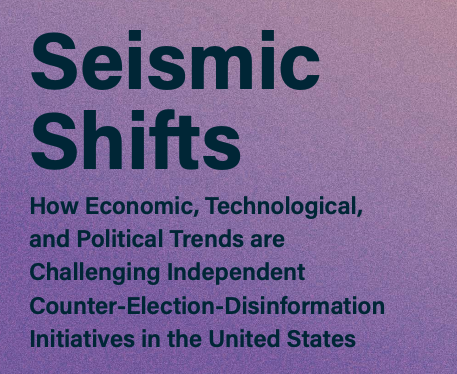I’ve been reading Hannah Ritchie’s Not the End of the World, and while I cannot get myself to quite share her optimism, I highly recommend the book. For our continuing transition to a more sustainable (human life on this) planet, a few intermittent conclusions:
- We won’t successfully restrict our way to sustainability: it’s implausible that we could convince a large enough majority to take massive hits to their quality of life.
- Which means: We need to maintain the overall quality of life at a certain level and manage to change the underlying systems for broad enough support.
- What it doesn’t mean: that everyone can continue as is. It must be ok to make changes, including some hard ones. The overall/median quality of life must be good enough for enough people, smaller groups might have to change some things, and the overall majority support must be strong enough to force this.
- Which means: Transportation in cities, as an example, must change completely. We must get to a fraction of cars. Not just to make space for bike or bus lanes but also to open up sealed surface areas for climate resilience. Generally, to widen the options space by making more public space available again.
- It also means: vulnerable groups need extra support (commuters and SUVs don’t need to be able to drive into the city; people with mobility issues will need to be able to access their homes and run their errands, which might require driving in the city, etc.).
One important note that I feel is important to add: In her book, Ritchie often points out that it’s not necessarily too late, that reasonably good outcomes are still possible — IF WE TAKE QUICK AND DECISIVE ACTION. Currently, the political system is under enormous pressure through populism and an extreme right, which erodes political options. We are in a moment of intense time pressure while the systems are… creaky? Often blocked? Without pushing back right wing populists, the necessary change simply isn’t possible. So that’s an additional challenge on top of everything else.
Anyway, I recommend the book. I certainly learned a lot (and found out I had internalized some misconceptions, which is always good to learn).




